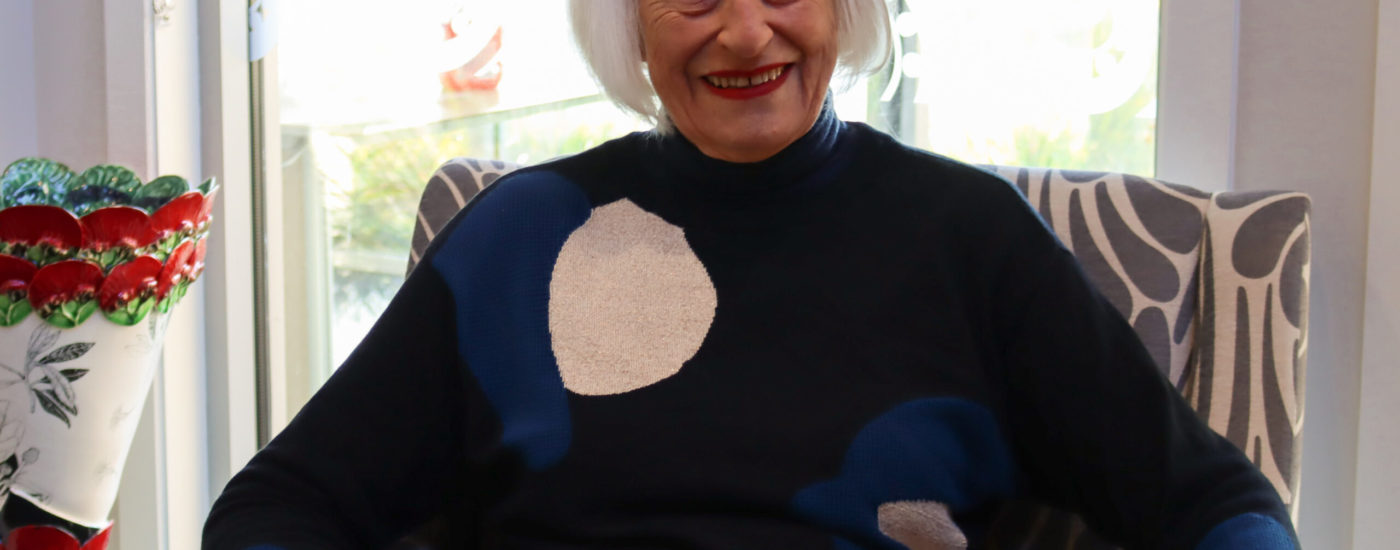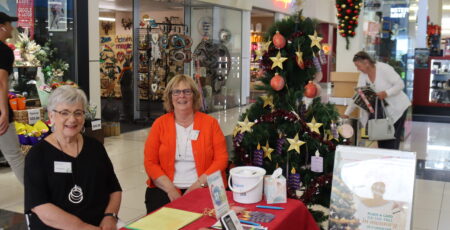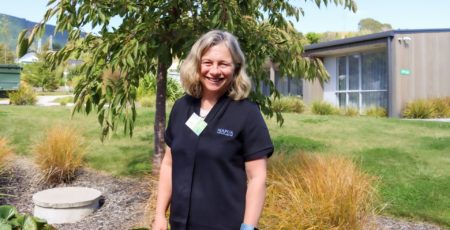When we think of hospice volunteers, we might picture people serving cups of tea, sorting…

“I have been a Life Story Writer for the Nelson Tasman Hospice for the past 3 years”
Frankie Morgan-Stock – Volunteer Life Story Writer
In a voluntary capacity I have been a Life Story Writer (LSW) for the Nelson Hospice for the past three years. During this time I have learned a lot about how to manage this role, which has a lot of intrinsic and complex challenges.
LSW’s work with patients referred by the Hospice usually because of the following reasons.
- They may have been attracted to the service because they would like to have their life story written so that the finished document can be handed on to their immediate family members or other special people.
- Some patients have already written part of their stories but need help to complete as they lack energy to do this for themselves or they have become stuck and are not sure where to go next.
- Others are encouraged to participate for a number of reasons not the least of which is that the process may help them come to terms with difficult life events before they die.
- Others have no idea where they would like to start or what they wish to record. These people need to be questioned carefully and sensitively until their words begin to flow and their story starts to emerge and from that point it can and gather impetus.
The process involves listening carefully to the patient’s story, which is recorded and then transcribed by the LSW written words. The draft is then checked for mistakes by the patient. So the process goes on until the story is complete.
Listening carefully involves encouraging the Patient to share while not putting words into their narrative, not interrupting unless necessary.
Transcribing means converting the spoken word to written language which is different from the way we speak. At the same time the LSW has to preserve the patients language and way of thinking and describing.
One of the most essential elements during the process is the establishment of trust and rapport, this doesn’t always occur easily and does depends on how a patient reacts to sharing with a person who is essentially a stranger abeit with a special role, which in itself is a necessary component.
To me the most satisfying part of this process often occurs at the end when the patient says I’m rapt with what we have done even although my story feels ‘heavy’ but I have to accept my life has been heavy and involved losses and sacrifices. Telling my story has helped me to accept this sadness and loss and I’m pleased I have done this.
Life story writing is one of over 40 defined volunteer roles at Nelson Tasman Hospice. If you would like to join the team of dedicated volunteers at Hospice, we would love to hear from you. Please contact our Volunteer Programme Manager, Krisca, on 03546 3912 or krisca.gould@nelsonhospice.org.nz




Comments (0)